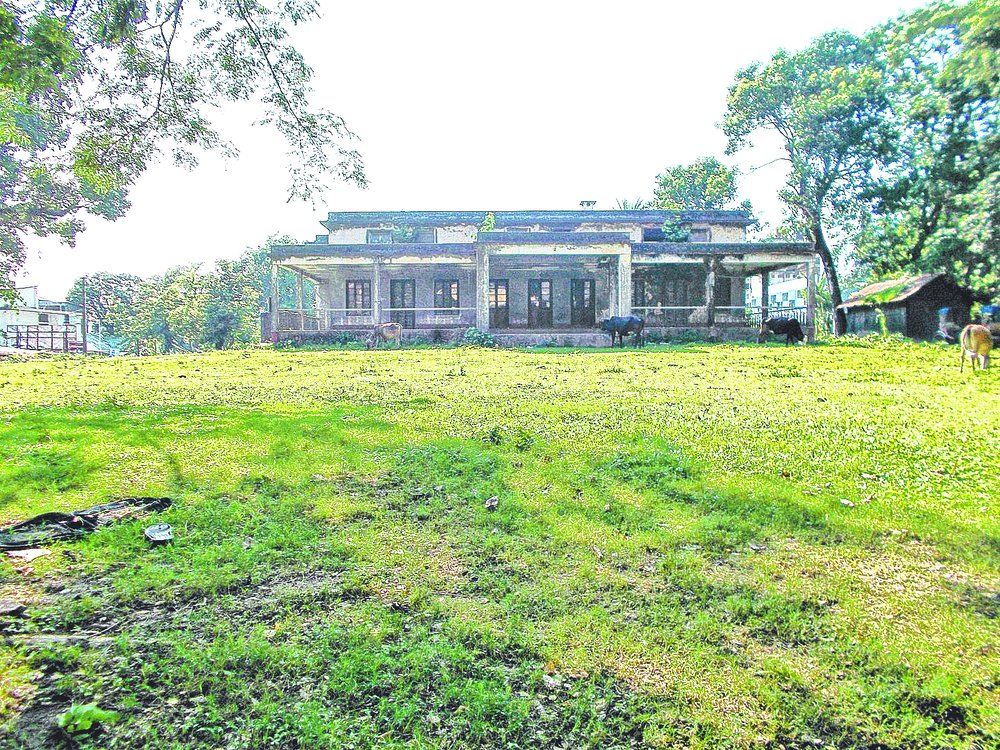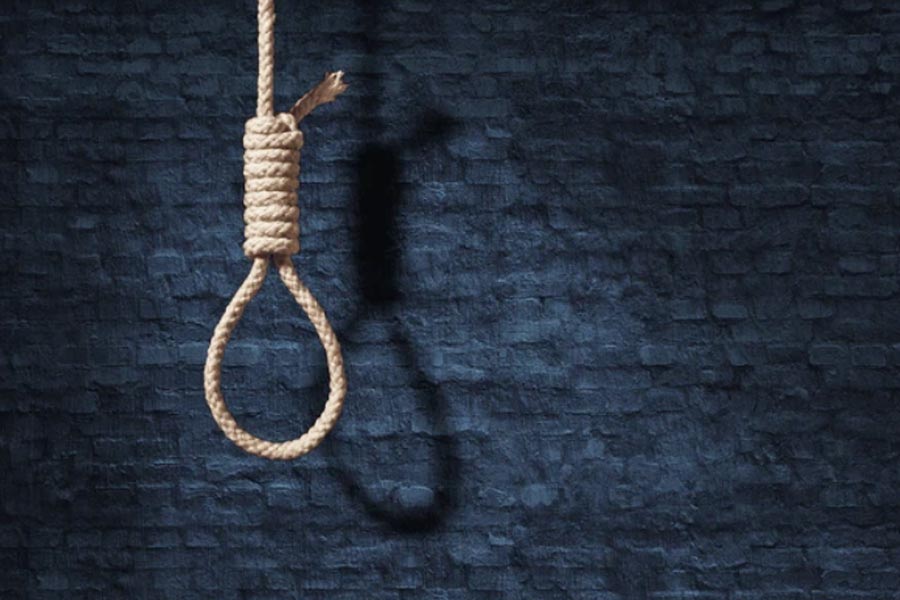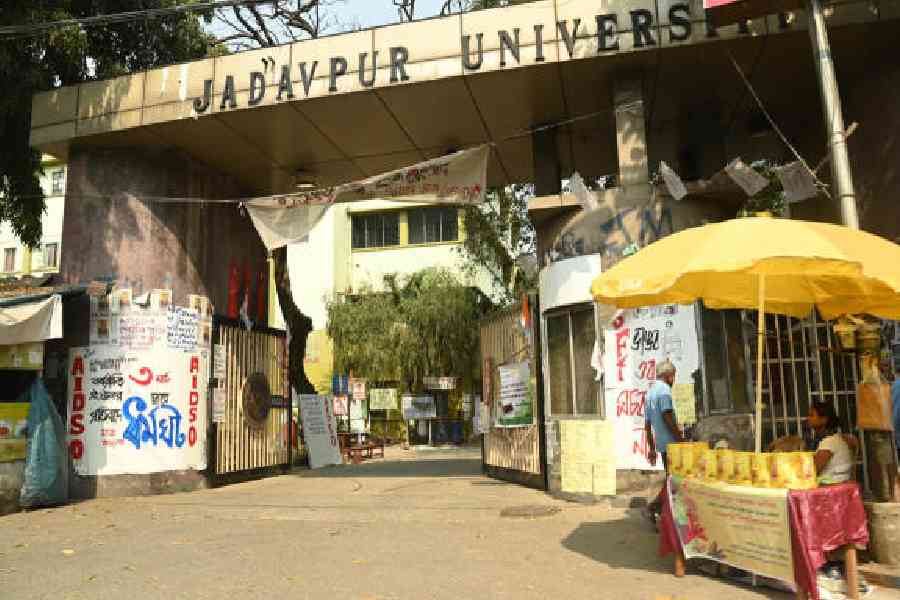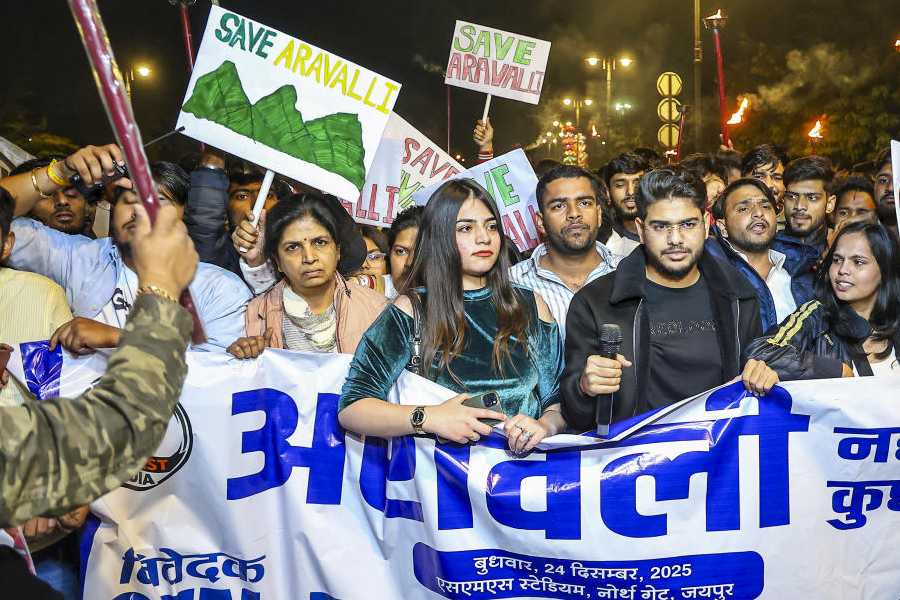
Dhubri, May 4: The site where the then Goalpara district and sessions judge, Upendra Nath Rajkhowa, murdered and buried his wife and three daughters in 1970, has been handed over to the Dhubri district and session judge for construction of a judicial building.
Gauhati High Court sentenced Rajkhowa to death in 1974. Later, he filed a mercy petition before the President but it was turned down. He was hanged to death.
Many a book were written and films were made on Rajkhowa's crime, including one in Assamese - Paap aru Prayaschit.
Patha Pardip Dutta, a retired bank officer and resident of Dhubri town, said the area of Rajkhowa's official bungalow also housed the deputy commissioner's office with judicial courts, office of the superintendent of police, district treasury office and circuit house.
"In such a high-security area, the crime was committed in 1970. I had just been transferred to the Dhubri SBI branch opposite the infamous bungalow and on the day of the crime, we were preparing for Saraswati Puja overnight," Dutta recalled.
He said the people of the town referred to this residence as a bhoot (ghost) bungalow.
Official records said Rajkhowa joined as district and sessions judge sometime in 1969. Initially he came to Dhubri alone and stayed in the Circuit House.
Thereafter he shifted to the official residence, where he lived along with his wife, Putuli and his three daughters - Nirmali, Jonali and Rupali.
After 45 years, the bungalow, which originally belonged to the Central Inland Water Transport Corporation of India, will be demolished to make way for the new building.
For decades, the building of the Dhubri deputy commissioner's office had housed the judicial courts.
The state government sanctioned nearly Rs 12 crore in 2010 to construct a judicial building but it was put off because of paucity of land.
The president of the Dhubri Bar Association, N.I. Choudhury, told The Telegraph that a plot of land measuring three bighas, four kathas and 10 lessas was formally handed over to the office of the district and session judge on April 22.
"This land also includes the land adjacent the bungalow," Choudhury added.
The secretary of the Dhubri Bar Association, Aminur Ahmed, expressed deep satisfaction over the move to hand over the land.











